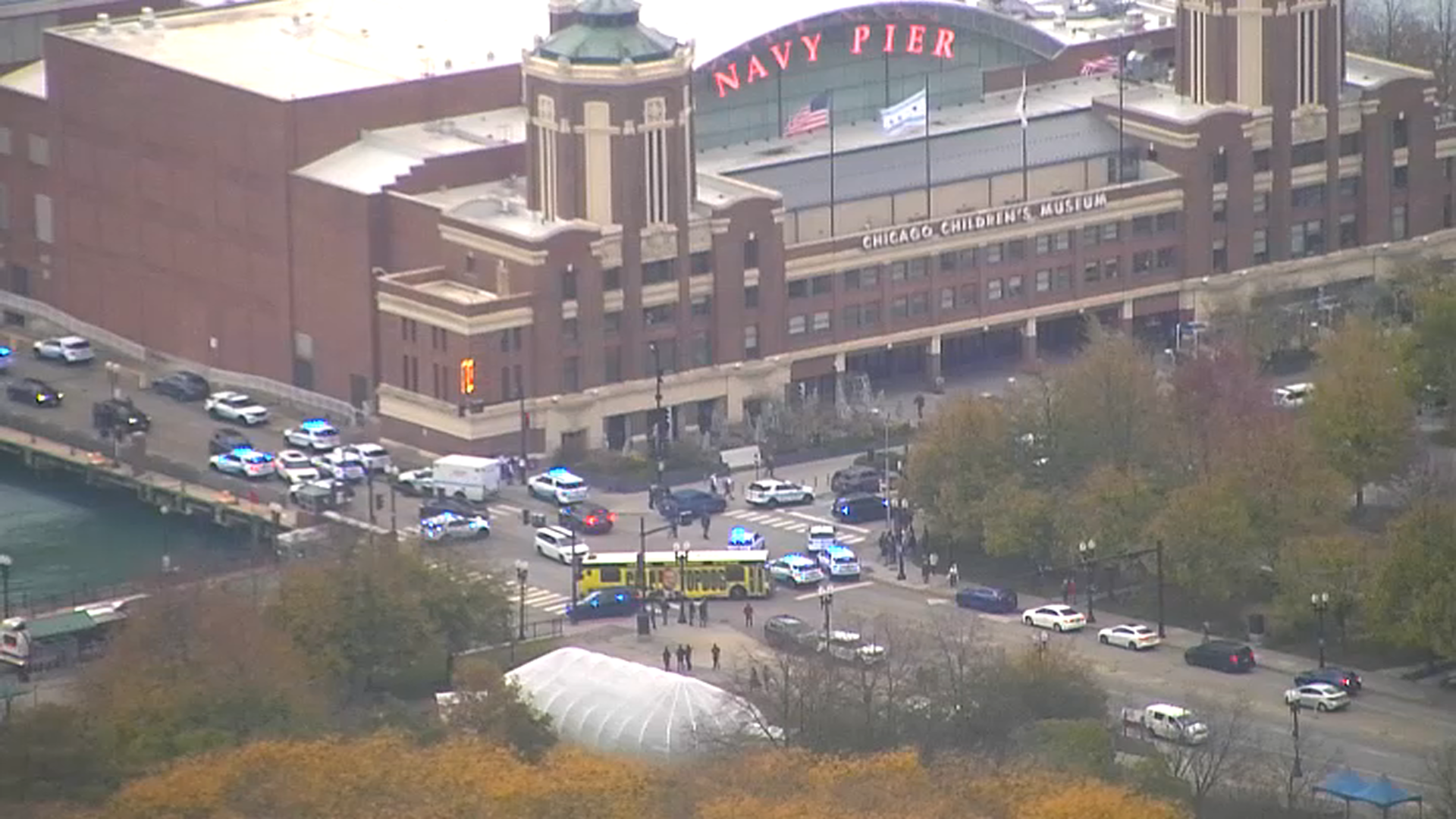If Illinois residents were unable to witness Monday's total solar eclipse, they could be left waiting for a long time to have another opportunity to see one.
The eclipse traversed the southern portion of the state and a wide swath of Indiana, with communities like Carbondale and Evansville in the line of totality.
In fact, the eclipse hit numerous population centers across the U.S., making it one of the most accessible eclipses in recent memory.
If Illinois residents missed it though, they’ll have to wait a really, really long time before another total eclipse will be visible in the state.
How long, exactly? Try more than 75 years.
That’s right. According to NASA, the next total solar eclipse that will be visible in Illinois won’t occur until Sept. 14, 2099. That eclipse will be visible in northeastern Illinois, including the city of Chicago, as well as parts of Wisconsin, including Madison, Milwaukee and Kenosha.
There are annular eclipses visible in Illinois in 2048 and 2093, but those eclipses don’t cover the same amount of the sun because of the moon’s distance from Earth, and thus aren’t able to be viewed with the naked eye.
Local
In terms of solar eclipses in the continental U.S., another total eclipse won’t take place for more than 20 years, with a 2044 eclipse hitting totality in North and South Dakota, among other locations.
A 2045 eclipse will be visible across a wide swath of the central and southeastern United States, but won’t impact Illinois and Indiana.
Feeling out of the loop? We'll catch you up on the Chicago news you need to know. Sign up for the weekly Chicago Catch-Up newsletter.
On May 1, 2079, a total solar eclipse will give residents of Philadelphia, New York and Boston an incredible spectacle, according to NASA.



